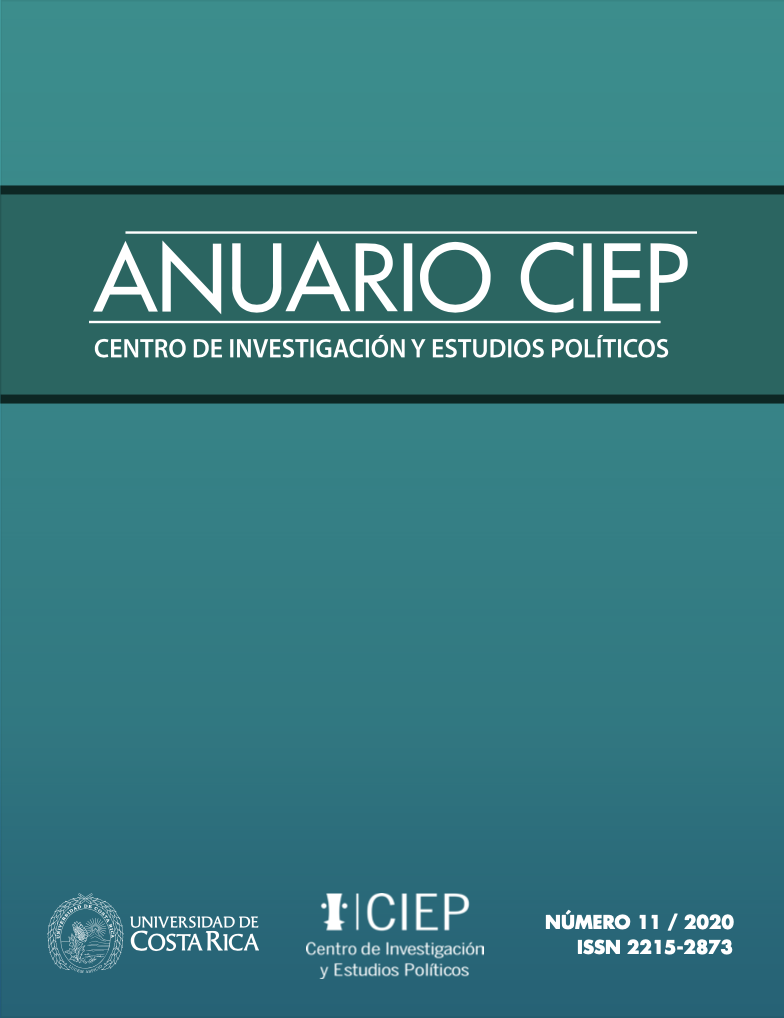Abstract
The purpose of this article is to present the results on the use of water resources by municipal aqueducts in Costa Rica. These results are part of an investigation that was carried out as a seminar for the School of Public Administration. Although it is recognized the importance of always bearing in mind the concept of the integral management of water resources, in this opportunity only the results on the use of water according to its factors of coverage and quantity, quality and cost, and water culture are presented.
The main results encompass the limited coverage for these municipal aqueducts, the lack of improvement of the water meters to determine the real use of the hydro resource, and, although they count with good quality standards, it is necessary to improve the rates and charges to provide sustainability to the aqueduct systems. Regarding water culture, there are interesting results showing important advances for the municipal aqueducts, as well as in relation to citizen involvement.
In conclusion, there are many details to improve in the municipal aqueducts regarding the management model, yet, investments in infrastructure must be taken very seriously, redefining the way in which rates are calculated and / or collected in order to provide sustainability. Besides, it is necessary to invest in new measuring instruments that will provide real data acquisition and trustful information about the water use

